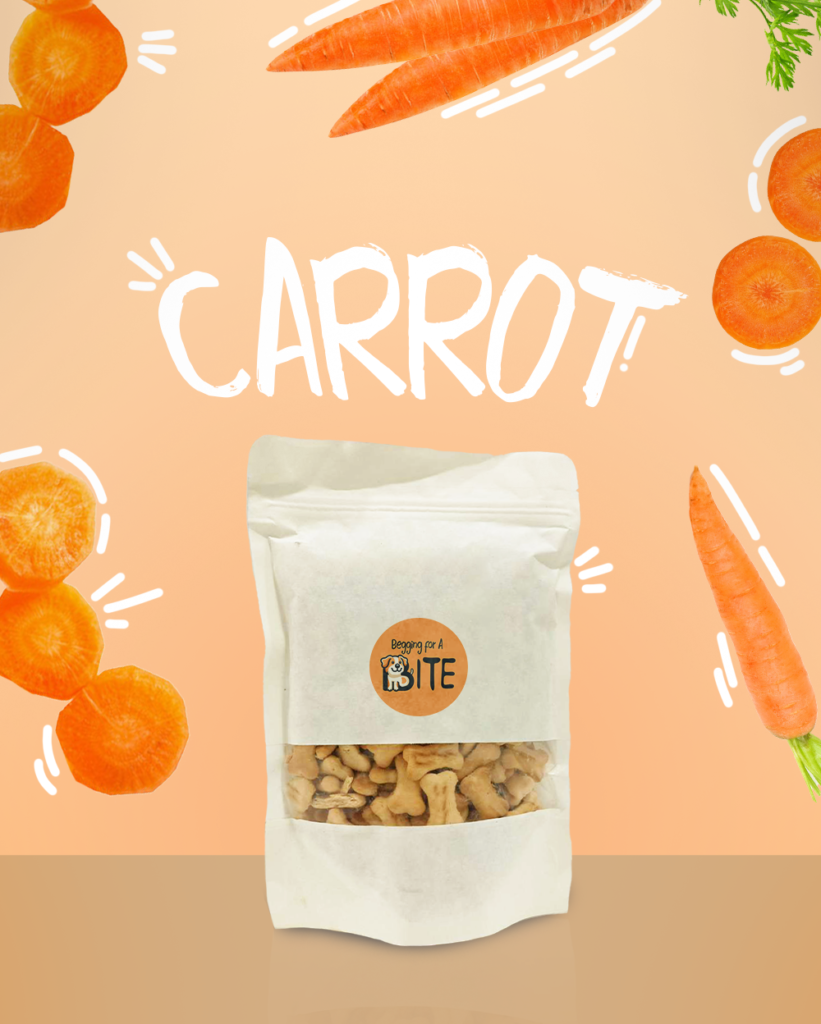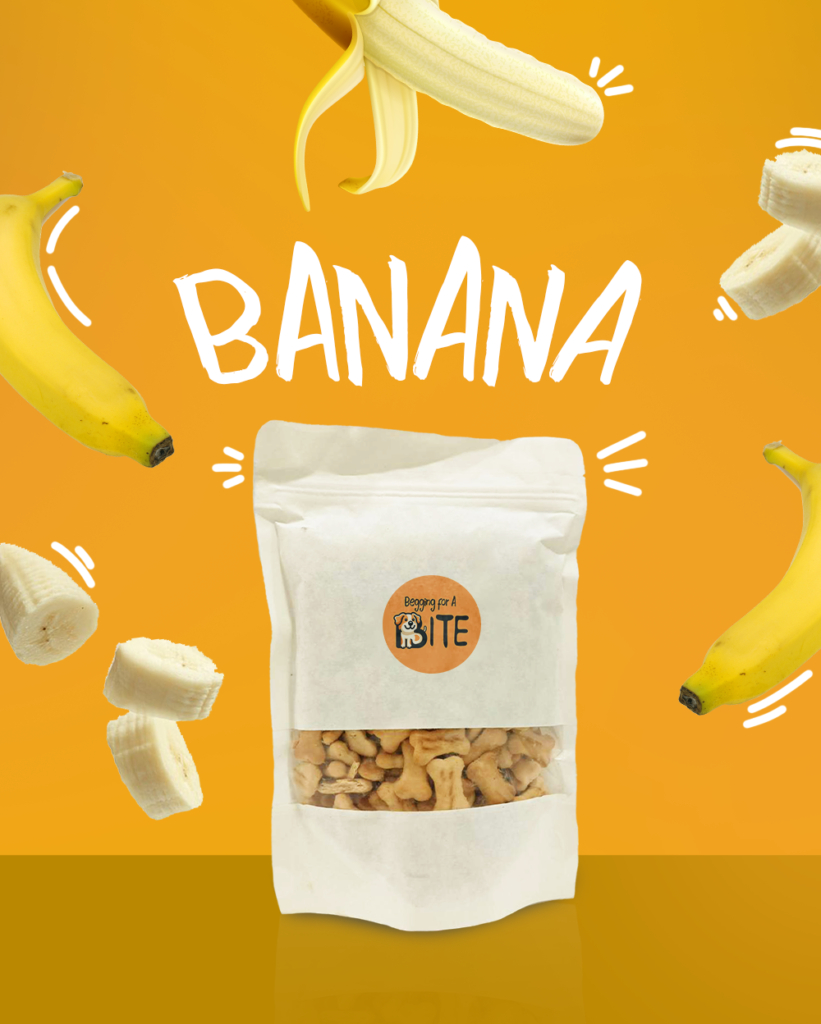When it comes to your furry friend’s nutrition, a dog-friendly diet is essential for their overall health and well-being. While high-quality protein is a staple in a dog’s meal, incorporating vegetables can provide essential vitamins, minerals, and fiber. But not all veggies are safe for dogs! In this guide, we’ll explore the best vegetables for dogs, discuss whether raw or cooked veggies are better, and highlight which ones to avoid.
Why Add Vegetables to Your Dog’s Diet?
Vegetables are a nutrient-packed addition to your dog’s meals, offering a range of health benefits that go beyond just filling their bowl. Incorporating the right vegetables into their diet can support digestion, enhance their coat’s shine, and strengthen their immune system.
In addition to their vitamins, minerals, and fiber, vegetables provide a natural, low-calorie way to add variety to your dog’s diet. Whether you’re looking for homemade dog food ideas or simply want to give your pup a healthy treat, including safe, dog-friendly vegetables can help create a more balanced and nutritious meal plan.
Best Vegetables for a Dog-Friendly Diet
Not all vegetables are created equal when it comes to your pup’s nutrition. Here are some of the best veggies that you can safely include in your dog’s diet:
Carrots
Carrots are a crunchy, nutritious, and low-calorie snack that offer a variety of health benefits for dogs and cats. Packed with antioxidants and beta-carotene, carrots convert to vitamin A, which supports good vision, a healthy immune system, and vibrant skin. Plus, their natural crunch helps promote better dental health by reducing plaque and tartar buildup as pets chew.
For an easy and effective way to incorporate the benefits of carrots into your pet’s diet, try “Carrot Brat for Dogs and Cats” from Beggin For A Bite. Specially crafted to provide maximum nutrition and irresistible flavor, Carrot Brat delivers all the goodness of carrots in a convenient, pet-approved form. Whether used as a snack or meal topper, it’s a delicious and healthy way to keep your furry friend happy and thriving!
Green Beans
Loaded with fiber and essential vitamins, green beans make a fantastic low-calorie treat for dogs. These vibrant, crunchy vegetables can be offered either raw for a refreshing snack or lightly cooked to enhance their tenderness, always without any added seasoning to keep them healthy and natural.
Sweet Potatoes
Sweet potatoes, bursting with dietary fiber, vibrant vitamin A, and powerful antioxidants, are an exceptional choice for promoting healthy digestion and enhancing the immune system. Their rich, natural sweetness and creamy texture make them a delightful addition to any meal. However, it’s essential to cook them thoroughly before serving to ensure optimal digestion and unlock their full flavor and nutritional benefits.
Peas
Peas are a great source of protein, fiber, and vitamins, making them a beneficial addition to a healthy diet for dogs. However, it’s important to avoid canned peas that contain added sodium.
Pumpkin
Pumpkin is a powerful, natural remedy for digestive health, helping to ease both diarrhea and constipation. Its rich fiber content supports regular bowel movements and promotes a healthy, balanced gut. To ensure your pet gets the full benefits, always choose plain, cooked pumpkin without added sugars or spices.
For an even greater digestive boost, try Prebiotic ProTopper from Beggin For A Bite. Packed with gut-friendly prebiotics and essential nutrients, it works alongside pumpkin to support digestion, enhance nutrient absorption, and promote a healthier coat and skin. Simply sprinkle it over your pet’s food for a tasty and effective way to keep their tummy happy and their health thriving!
Spinach
While spinach can be a nutritious addition to your diet when enjoyed in moderation, consuming it in excessive quantities may pose health risks, particularly concerning kidney function. This is primarily due to its high oxalate content, which can contribute to the formation of kidney stones in susceptible individuals. To reap the benefits of spinach while minimizing potential drawbacks, it’s best to serve this vibrant leafy green in moderate portions.
Broccoli
Broccoli, with its vibrant green florets, is not only a delicious addition to meals but also a powerhouse of nutrition, boasting high levels of fiber and vitamin C. This versatile vegetable can support a healthy diet, but it is best served in small portions to prevent any potential digestive discomfort. Incorporating broccoli into your meals can be a colorful and healthful choice.
Raw vs. Cooked Vegetables for Dogs: What’s Better?
Many pet owners wonder whether it’s better to feed their dogs raw or cooked vegetables. The answer depends on the type of vegetable and your dog’s digestive system. Both options have benefits, but it’s important to choose the best preparation method to ensure your furry friend gets the most nutrients while avoiding digestive discomfort.
Raw Vegetables
Raw vegetables retain their full nutritional value, including essential vitamins, minerals, and fiber. Many dogs enjoy their natural crunch, which can also help clean teeth and promote better oral health. However, some vegetables are harder to digest in their raw form, potentially causing bloating or stomach discomfort.
Cooked Vegetables
Cooking certain vegetables can make them easier for dogs to digest, especially for those with sensitive stomachs. However, some cooking methods, like boiling, can strip away nutrients. The best ways to prepare vegetables for dogs are:
Steaming: Preserves most nutrients while making the vegetables softer and easier to digest.
Roasting: Brings out natural flavors without compromising too many nutrients.
What’s the Best Option?
For most vegetables, light cooking without seasoning, butter, or oil is the safest and most nutritious way to serve them. If you’re introducing a new vegetable into your dog’s diet, start with small portions and monitor their reaction to ensure it agrees with their digestive system.
By choosing the right preparation method, you can provide your pup with safe, nutritious, and tasty veggie treats that support their overall health!
Vegetables to Avoid in Your Dog’s Diet
While many vegetables are safe and beneficial for dogs, some can be toxic and should always be avoided. Feeding your pet the wrong veggies can lead to serious health issues, so it’s important to know which ones to keep off their plate.
Onions & Garlic
These common kitchen ingredients contain compounds that are highly toxic to dogs. Even in small amounts, they can cause damage to red blood cells, leading to anemia, weakness, and serious health complications. Symptoms may not appear right away but can include vomiting, lethargy, and difficulty breathing.
Avocados
Avocados contain persin, a substance that is harmless to humans but toxic to dogs. Eating avocado can cause vomiting, diarrhea, and stomach pain, and in severe cases, it can even affect the heart. The pit is especially dangerous, as it can be a choking hazard or cause a blockage if swallowed.
Mushrooms
While some store-bought mushrooms are safe, wild mushrooms can be extremely poisonous to dogs. Certain types, such as the death cap mushroom, contain toxins that can lead to severe poisoning, organ failure, or even death. Because it’s difficult to distinguish safe mushrooms from toxic ones, it’s best to keep your dog away from all wild mushrooms.
Tomatoes
Ripe tomatoes are generally safe in small amounts, but the green parts of the plant—such as stems, leaves, and unripe tomatoes contain solanine, a toxic compound for dogs. If ingested, solanine can cause vomiting, diarrhea, lethargy, and even central nervous system issues in severe cases. To protect your pet, make sure they don’t have access to tomato plants or unripe tomatoes in your garden.
By sticking to dog-safe vegetables and avoiding these harmful ones, you can help keep your furry friend healthy, happy, and out of harm’s way!
How to Introduce Vegetables into Your Dog’s Diet
If your pup isn’t used to eating vegetables, start slowly. Here are some simple tips:
Mix into Meals: To incorporate eggshell membrane into your dog’s diet, crush it into a fine powder and mix it thoroughly with their regular food. You can blend it with wet food or sprinkle it over dry kibble to enhance absorption. If your dog is hesitant to eat it, try adding a small amount of hemp seed oil, which not only improves the taste but also provides additional anti-inflammatory benefits.
Use as Treats: Instead of high-calorie snacks like chips and sugary treats, opt for nutritious veggie alternatives such as carrot sticks, cucumber slices, and bell pepper strips. These low-calorie, vitamin-rich options not only help satisfy cravings but also provide essential nutrients and fiber to support overall health.
For a convenient and pet-friendly way to incorporate veggies into your furry friend’s diet, try Carrot Brat for Dogs and Cats from Beggin For A Bite. Made with wholesome ingredients and packed with natural goodness, Carrot Brat delivers the nutritional benefits of carrots in a tasty, easy-to-serve form. Whether as a treat or a meal topper, it’s the perfect way to reward your pet while keeping them healthy and happy!
Try Different Textures – Some dogs prefer crunchy vegetables, while others enjoy them soft and cooked.
Conclusion
A dog-friendly diet that includes the right vegetables can provide essential nutrients, support digestion, and keep your pup happy and healthy. Just remember to introduce new veggies slowly, choose the best options, and avoid toxic ones. When introducing new vegetables to your diet, it’s important to do so gradually to allow your digestive system to adjust. Start with small portions and monitor how your pet’s body responds. Opt for nutrient-dense choices such as leafy greens (like spinach or kale), cruciferous vegetables (like broccoli or cauliflower), and colorful veggies (like bell peppers or carrots) that offer a wide range of vitamins and minerals. Whether you opt for raw or cooked vegetables for dogs, a balanced diet is key to their well-being.
So, the next time you’re prepping a meal, consider adding some puppy-safe vegetables to your dog’s bowl – they’ll thank you for it!
“Want to switch to a vet-recommended, healthy brand? Here we are—Beggin For A Bite—providing vet-approved, super delicious, and healthy treats, along with nutrient-boosting supplements to keep your pup happy and thriving!”




